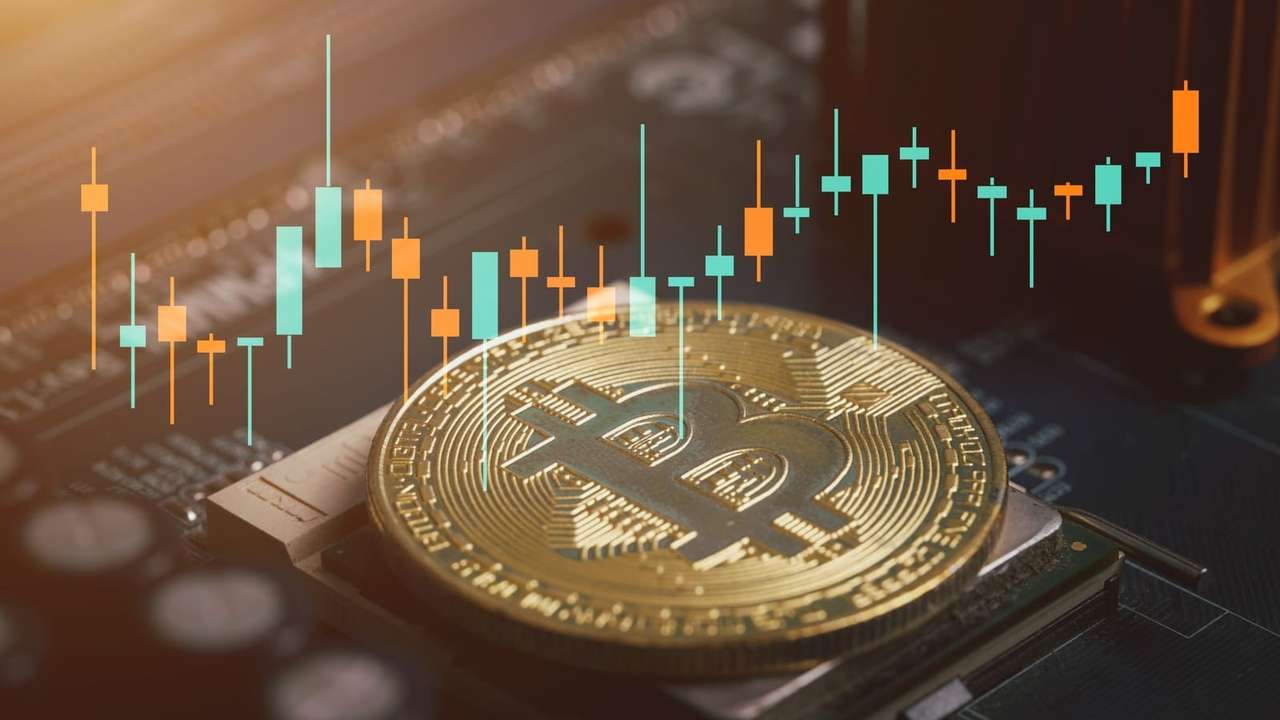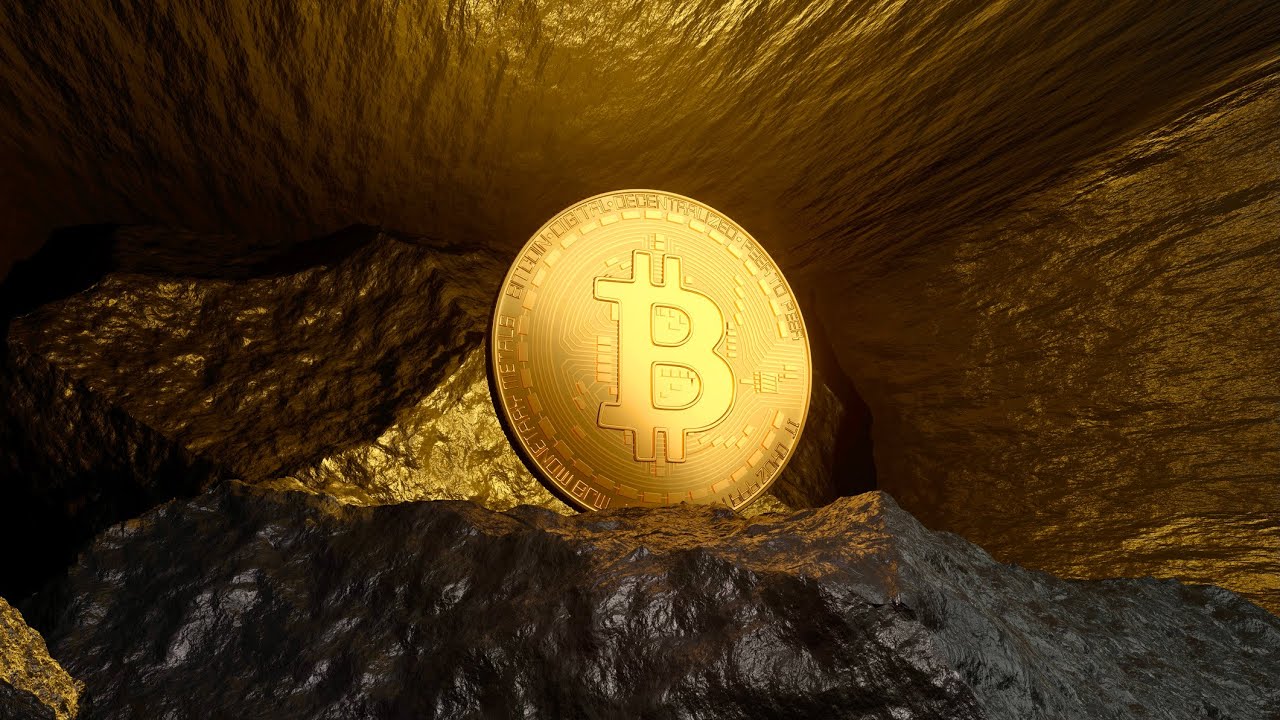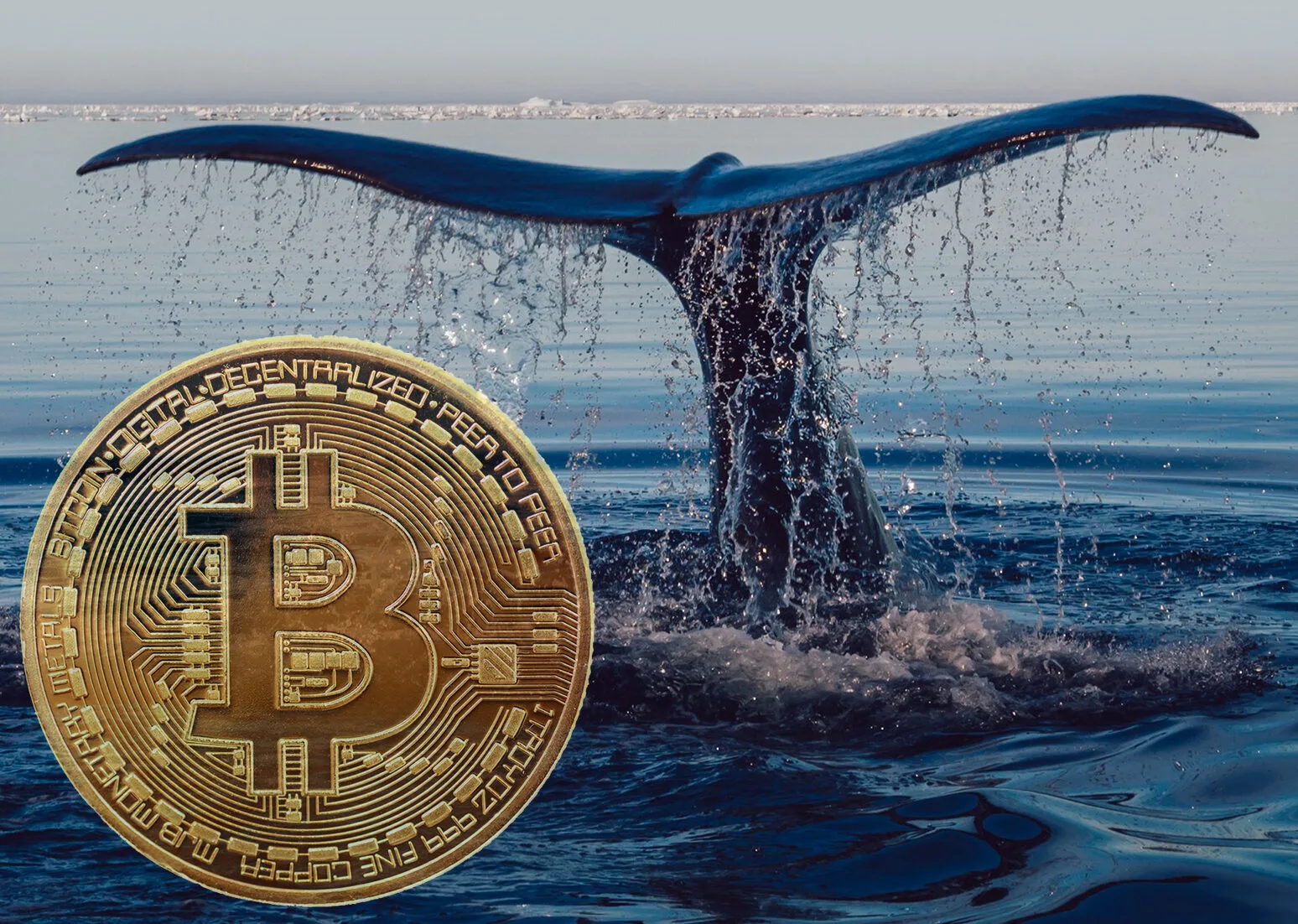Geopolitical Tensions Impact on Gold, Bitcoin, and Stocks

Geopolitical tensions impact have always significantly impacted global financial markets. The current events have magnified their influence, particularly on gold, Bitcoin, and equity markets. From armed conflicts to changing trade rules and economic sanctions, these elements generate market uncertainty that influences investment decisions worldwide.
Geopolitical developments are changing the financial scene in 2025. They are forcing investors to rethink their asset distribution as they negotiate an erratic climate.
Gold Safe Haven Soars
Long regarded as a safe-haven asset and a store of value in times of political or economic turbulence, gold is, with its price skyrocketing, becoming a significant benefit as tensions escalate. Gold prices had exceeded the $3,000 per ounce barrier by March 2025, a level not seen in past years. Rising inflationary fears brought on by supply chain interruptions, global instability, and geopolitical conflicts in areas like the Middle East and Eastern Europe can help explain this spike.

Gold’s long-standing reputation as a consistent asset when it appeals to unpredictable geopolitical times. Gold keeps its value over time, unlike currencies, which can be devalued or vary with policy changes, or shares, which are vulnerable to market volatility. Investors swarm to it during crises since it usually maintains buying power even as fiat currencies lose value. Many market players are choosing gold as a hedge against instability and inflation as geopolitical issues continue to develop, including the continuous conflict in Ukraine and mounting tensions in the Middle East.
Bitcoin’s Volatility Amid
Often called “digital gold,” Bitcoin has reacted more dynamically to geopolitical concerns. Unlike gold, Bitcoin has a brief history as an investing tool and has sometimes been seen as a high-risk, speculative investment. Although Bitcoin’s distributed character and ability to hedge against inflation have drawn compliments, its behaviour in times of global upheaval has exhibited significant volatility.
Reflecting a general downturn in cryptocurrency markets, Bitcoin’s price has decreased by more than 15% in recent weeks. Several elements contribute to this downturn: regulatory restrictions, market speculation, and increased worries about the economic consequences of geopolitical tensions. As conventional financial markets respond to crises, Bitcoin has become linked with high-risk assets, especially technology companies. From investors’ perspective, this link makes Bitcoin less of a safe refuge and more of a risk-on asset. Political instability and volatility stem from its young market and fast-shifting investor mood.
Although some people still see Bitcoin as a hedge against the volatility of the conventional financial market, its price swings usually show more speculative activity than any inherent worth connected to geopolitical events. The growing integration of Bitcoin with mainstream financial systems and rising institutional investments help it to be more sensitive to more general market movements, which influence its price in reaction to changes in geopolitics.
Geopolitical Impact on Markets
Furthermore, equity markets are reacting differently and with complexity to the rising geopolitical concerns. Markets in the United States have seen declining pressure; the S&P 500 and the Nasdaq Composite both suffered losses as investors worried about trade wars, world supply chains, and inflation. Rising rates and uncertainties about monetary policy have only served to heighten investor anxiety, which has caused them to flee equities and into supposedly safer assets like gold.

Conversely, equity markets in some areas have shown resilience—though for different reasons. Thanks to higher defence spending and technology innovation prompted by geopolitical tensions, European stocks—especially those in defence, energy, and technology sectors—have outperformed expectations. Rising tensions in Eastern Europe and the Middle East have driven demand for the defense industry, for instance, as governments increase military budgets.
Final thoughts
Unquestionably, geopolitical conflicts will change financial markets in 2025 and affect gold, Bitcoin, and stocks. Gold keeps proving its reputation as a secure refuge during times of crisis since it provides investors with a consistent source of wealth during world unrest. On the other hand, as Bitcoin’s price has exhibited a closer relationship with high-risk assets like tech stocks, its volatility has posed problems regarding its function as a hedge against geopolitical concerns. Equity markets, meanwhile, are seeing both drops and increases based on sector performance and geographical exposures.
As geopolitical events develop, investors must navigate the market’s complexities. Diversification and an understanding of global threats will determine how portfolios weather geopolitical uncertainty. In this fast-changing financial environment, balancing safe-haven assets like gold with speculative investments like Bitcoin and well-selected shares reduces risks and maximizes opportunities.




